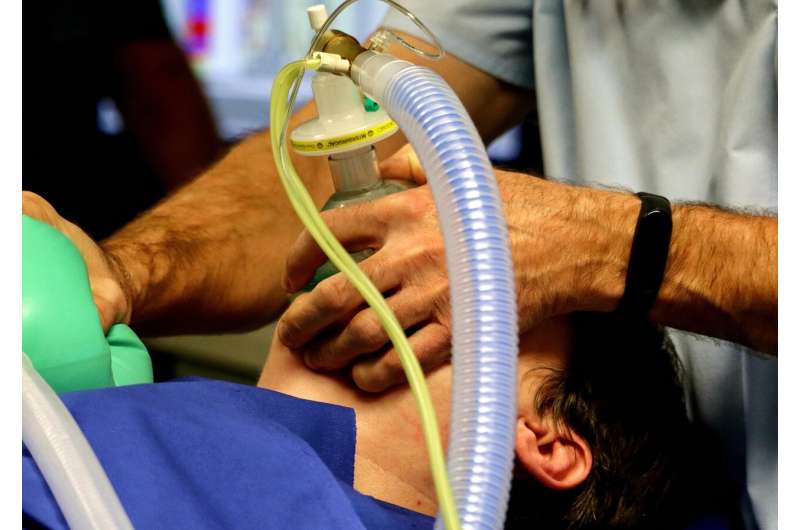Innovative AI Tool Provides In-Depth Understanding of the Human Immune System

A new AI framework developed by the University of Tokyo offers rapid, accurate, and hierarchical analysis of immune cells from single-cell RNA data, advancing immunology research and potential clinical applications.
Researchers from the University of Tokyo have developed a groundbreaking artificial intelligence (AI) framework that revolutionizes the study of the human immune system. This new software leverages hierarchical deep learning, specifically convolutional neural networks (CNNs), to analyze single-cell RNA data with remarkable speed and accuracy. Unlike traditional manual methods that are time-consuming and prone to inconsistencies, this AI-based approach offers rapid classification of immune cells, distinguishing both broad categories and detailed subtypes.
The core innovation lies in transforming gene expression data into images, enabling CNNs to detect subtle relationships between genes effectively. By mapping related genes into spatially structured images, the system captures complex gene interactions that traditional data tables cannot convey. This hierarchical and image-based method not only improves classification precision but also considers the natural organization of immune cells, reflecting their functional relationships.
The system, termed scHDeepInsight, significantly reduces analysis time—labeling around 10,000 cells in just a few minutes—compared to hours or days required manually. Its consistent predictions across the immune cell hierarchy mark a considerable advancement over earlier automated tools, which often struggled with accuracy and flexibility.
While primarily a research tool now, scHDeepInsight sets the stage for future clinical applications. It provides a reliable baseline for understanding deviations in immune cell behavior, which can be pivotal in studying diseases such as cancer, infections, and autoimmune disorders. The development emphasizes the importance of transparency and validation, as the model is currently trained only on healthy cells. Future work aims to extend its use into diagnostics, incorporating diverse clinical samples and regulatory compliance.
The team envisions broadening the system’s capabilities to explore other biological domains and discovering novel cell types. By offering probabilities at different classification levels, scHDeepInsight can even identify potential new cell states, aiding in international research efforts. Overall, this AI tool promises to accelerate immunology research by delivering consistent, rapid, and detailed cellular insights, ultimately contributing to better understanding and treatment of complex immune-related diseases.
Source: https://medicalxpress.com/news/2025-10-ai-tool-deep-insight-immune.html
Stay Updated with Mia's Feed
Get the latest health & wellness insights delivered straight to your inbox.
Related Articles
Innovative Mathematical Model Sheds Light on Esophageal Swallowing Disorders
A groundbreaking mathematical model developed by Kyushu University researchers simulates esophageal muscle movements, providing new insights into swallowing disorders and potential treatments.
Research Reveals Potent Sweetener Found in Flavored Vapes Targeting Teens
A groundbreaking study uncovers neotame, a super-sweet chemical, in illegal flavored vapes popular among teens, raising health and regulatory concerns.
FDA Ends Sales of Off-Brand GLP-1 Medications Like Ozempic
The FDA has halted the sale of off-brand GLP-1 medications like Ozempic, raising safety and access concerns for patients relying on compounded drugs for weight loss and diabetes management.



